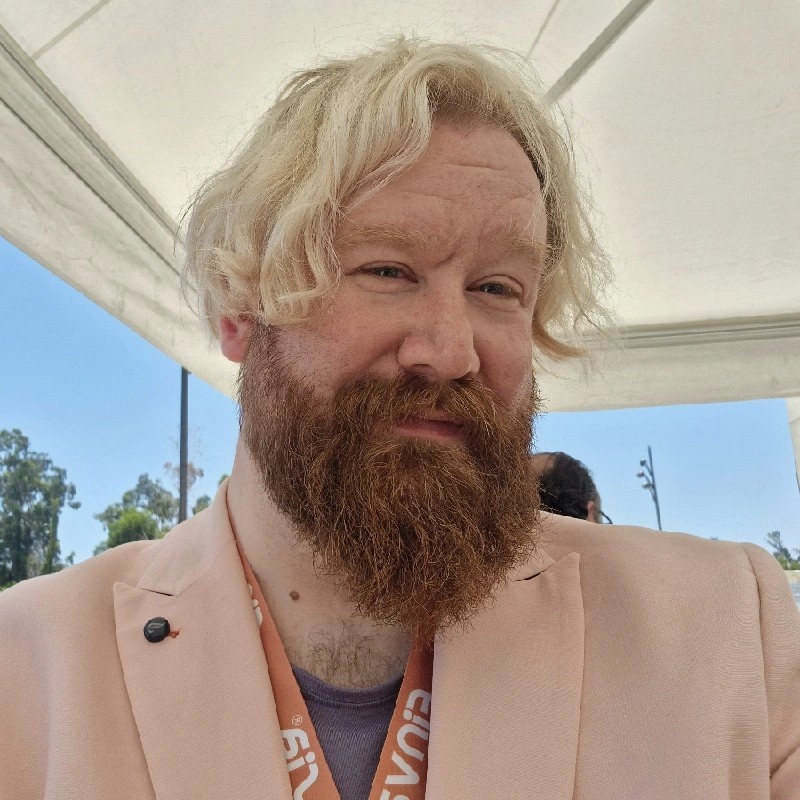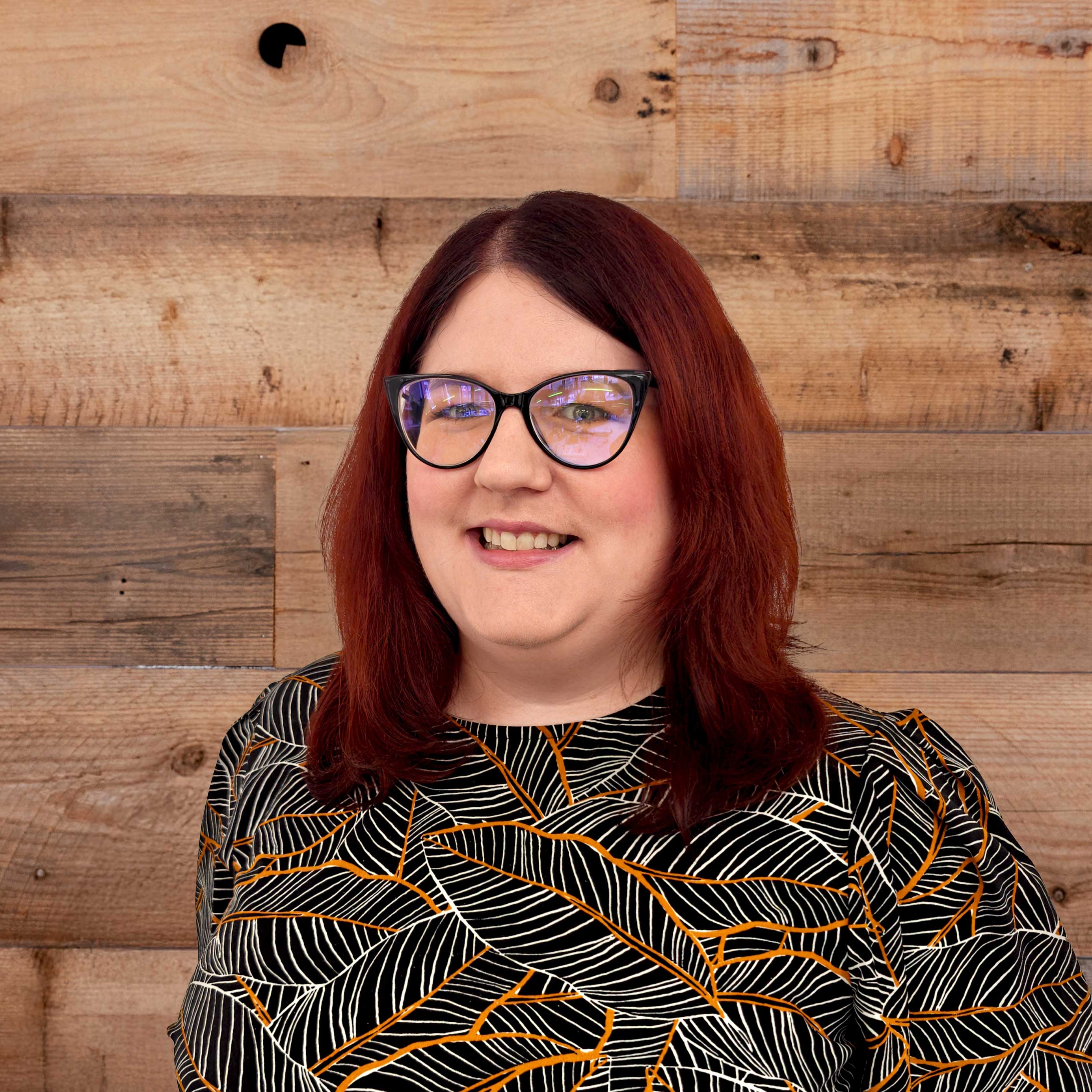MozCon London 2025 Q&A: 2026 SEO, Algo Updates, Helpful Content and Digital Skills in the Era of AI


Ahead of MozCon London, we’re starting the discussions early, with a panel of SEO experts answering some of the key questions for search as we head towards 2026.
This wide-ranging Q and A features MozCon Search Scientist Tom Capper, and ICS SEO colleagues Sei Kato and Paddy Crier sharing their insights on essential topics from Google updates, AI, parasite SEO and ‘Helpful Content’ to digital skills, multi-tasking as an SEO, the power of brand and much more - let’s dive straight in:
What changes has the industry experienced that you feel will carry on/accelerate in 2026 with impacts for SEO?
Tom: The paradigm breaking shifts in top-of-funnel organic. Increasingly, search engines do not reward informational content with clicks, and for many brands, it is not possible to monetise impressions - especially if monetisation has historically been via advertising or affiliate links.
It's very unclear how free to access web publishing can continue to function at anything like its current scale, and this is already a sector which has struggled for many years. In the absence of this content, what does the web ecosystem look like?
How does society replace this lost source of entertainment, education, and trustworthy information?
Sei: For me it is clear that smaller, independently owned (potentially less biassed) affiliate sites are being wiped out in favour of the huge publications...who may or may not be offered more financial incentives to mention certain products.
Those who previously had a real passion project via their blog, genuinely used/tested products, and gave honest opinions may not exist in the next 5 years.
That's not to say smaller affiliate sites were never interested in making money, just that they may have recommended a cheaper product that they personally used and believed offered the most value for their audience, over more expensive products that gained them higher commission earnings every time.
I feel this change will only continue and more people will continue moving over to YouTube, Reddit and other sources for the basis of their research in the customer buying journey for what they feel are more honest opinions.
The lower overall organic traffic potential of informational content ties into my other answer about focusing SEO even more on money pages and placing more emphasis on CRO.
Now more than ever, there needs to be a marriage between KWs, adding in all factors to rank as highly as possible, sales copywriting and CRO at large.
How do you feel Google's continued emphasis on Helpful Content will impact brands in different industries in 2026?
Tom: Despite Google's messaging on the topic, the Helpful Content Updates of 2023 and early 2024 served mainly to reward sites with big brands, *over* those who had helpful content.
Many high profile examples of smaller, expertise-centric sites that had suffered heavily, typically in product review verticals, were invited to a pair of summits by Google in late 2024 and early 2025, although we don't know how or whether the feedback collected at these events affected Google's approach.
Studies including from Moz in 2024 showed that brand:link ratio was the key predictor of Helpful Content Update impact, a finding backed up by Google's leaks, patents, and DOJ releases.
Sites with helpful content (but small brands) have in some cases started to recover in the June 2025 update. At the same time, Google has had to manually adjust results to compensate for its algorithm excessively rewarding unhelpful content from large brands (aka Site Reputation Abuse).
It's worth noting that even when Google's Helpful Content Updates haven't rewarded helpful content, it's still something that brands need to focus on in order to build the positive user engagement that is rewarded by other parts of Google's algorithm.
Sei: I think it's fair to say everyone in SEO knows the helpful content updates didn't truly deliver more "helpful content" to users on the scale that Google was aiming for. We saw the rise of parasite SEO where media/news publications ranked almost at will using fully AI generated content over actual expert narratives published online.
No-one has a crystal ball, but while parasite SEO has been somewhat "policed", it looks like the big media/news outlets will continue to dominate SERPs with their own in-house affiliate marketing content for certain niches.
I'd hope that Google would turn the focus on rewarding niche expert sites over, as an example, a leading financial publication offering advice on what the best cosmetic products to buy are.
Users deserve to gain expert advice from financial publications about finance, and expert buying advice about cosmetics from more relevant sites etc.
That all being said, I do believe it's a good thing that brands are being increasingly pushed towards having more "experts" (e.g. someone with creditable qualifications within their niche such as a PhD etc) creating content for their blogs or at least editing them to help ensure more content online is trustworthy, regardless of whether it's always rewarded or not.
What SEO skills and general work skills do you think you/professionals in the industry will be using most in 2026? Are these hard/soft skills?
Paddy: I believe a strong foundation in technical SEO will remain crucial in 2026, particularly in areas like crawl optimization and indexation control. This is especially true for the e-commerce sector, where many websites still lack proper canonicalization and nofollow directives on filtered pages.
While AI can assist developers in preventing these kinds of issues, we’re still far from a point of widespread adoption where only well-structured e-commerce sites, built with crawl budget optimization and indexation control in mind, dominate the index.
Until then, understanding how to properly manage filtered pages will continue to be important.
At the same time, technical SEOs shouldn’t consider themselves immune to the impact of AI. Instead, they should embrace it as a tool to streamline and scale certain tasks such as internal linking, structured data generation, and error detection.
Tom: SEO is such a broad industry and it is getting even broader as it continues to merge at the edges with PR, content, brand marketing, and more. As always the key, whether you are a generalist or a specialist, is to identify your strengths and leverage them well.
It's no longer realistic for one person to be an expert in the kind of product development work that might lead to a highly sort after product, the kind of brand positioning that might cause customers to pick you out, the digital PR that might get you talked about in the content LLMs are most keen to digest, the old school technical SEO that might keep your site showing up in AI Mode, and so on and so forth.
Gain a broad understanding of how these parts fit together, but focus your work and your personal brand on the bits of the puzzle that you can do better than (almost) anyone.
Either way, of course, you're going to need both hard and soft skills to both know what needs to be done, and actually make it happen.
For those new to digital marketing/SEO, what are the key skills they should work on acquiring? What are the best tools/sources of experience?
Sei: After all the updates in recent times, those new to digital marketing/SEO should definitely gain more interest in CRO.
With informational pages being less "valuable" due to AI overviews providing users with quick answers, there's less opportunity to funnel users through to money pages through them.
This makes direct traffic through to your highest buying intent pages even more important - Whether it's an additional CTA to sell a product or even an email capture to convert them further down the line, even small improvements in CVR can make big differences in revenue.
Paddy: The rise of zero-click searches has made certain elements of technical SEO more critical than ever. Features such as knowledge panels, featured snippets, and especially AI Overviews are strongly supported by structured data, which helps search engines surface answers directly in search results.
While other factors like brand profile, E-E-A-T of the author, and content quality also play major roles, the fact remains that correctly implementing structured data significantly increases the likelihood of your content being selected and that has never been more important.
I also think the ability to understand the differences between server-side and client-side rendering and how to identify which approach a website uses is now closer to being a foundational skill than an advanced one.
Not only is this due to the fact that many modern websites are now JavaScript heavy, especially in sectors such as igaming, meaning that in order to conduct a website crawl, you’ll need to be aware of what configuration options to set.
It’s also important, because Google’s AI Overviews and similar features are widely thought to rely heavily on content from the first crawl pass, before JavaScript execution. Meaning if a website uses pure client-side rendering, critical content may not be visible in the first pass, putting it a potential disadvantage in the ever more competitive SERP landscape compared to server-rendered or hybrid-rendered sites.
Tom: Now more than ever, understand the commercial models of the sites you work on. Clicks and money are not the same. Rankings and money are really, really, not the same.
Some sites, especially those who directly sell products, might find that actually, gaining only impressions at the top of the funnel is fine - customers will still come back to them to convert.
Other sites will find that they can still monetise top-of-funnel content via ads, even when the total traffic is lower, but perhaps only in some verticals. Make sure you understand the dynamics at play here, and make sure your clients do too.
Continuing the Discussion at MozCon London 2025
For an exclusive MozCon London discount code, get in touch at info@ICS-digital.com - the event will be a phenomenal opportunity to hear from elite industry speakers and discuss the topics above and much more besides - with the ICS team represented by Paddy, market growth expert Matteo Fabiano and myself.
What is MozCon London?
MozCon London is a one-day event taking place on Tuesday, 12th August 2025. It will be held at The Mermaid,in (of course) London.
Getting There
The most convenient way to get to MozCon London is by taking the Tube or National Rail to Blackfriars station, which is a short walk away.
Who is Speaking at MozCon London?
The conference will feature a range of speakers from the industry, including Areej AbuAli from Women in Tech SEO, Helen Pollitt from Getty Images, and Luke Carthy, an e-commerce growth consultant Luke Carthy, with ICS-digital serving as sponsors
What does ICS-digital do?
ICS-digital is a global marketing agency focusing on multilingual SEO, content creation, translation and paid media, coupled with creative design and digital PR for international reach.
We love engaging with events like MozCon London, and supporting industry discussion through our editorial contributions and the ICS:Everything Digital podcast.
Similar Posts









